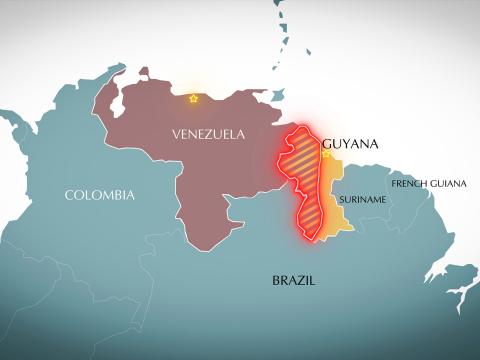Iraq War Intelligence Failures Led to Current Limitations
The incorrect intelligence assessment of Iraq’s weapons of mass destruction capabilities was one of the two main causes of the new analysis standards, but that assessment may not have been the primary driver behind the U.S. decision to invade Iraq.
The incorrect intelligence assessment of Iraq’s weapons of mass destruction capabilities was one of the two main causes of the new analysis standards, but that assessment may not have been the primary driver behind the U.S. decision to invade Iraq, says Mark Lowenthal, former assistant director of central intelligence for analysis and production.
“The estimate did not cause the war,” Lowenthal maintains.
“Clearly, there were flaws in the Iraq experience,” he states. “Number one, we were wrong.” Yet, he charges, the decision makers who led the United States into that war did not read that estimate.
Lowenthal emphasizes that the estimate was not written for President George W. Bush or Vice President Richard B. Cheney. The request for the estimate came from the U.S. Senate, for which it was written. The Senate wanted it for the vote to go to war, he says.
Lowenthal relates that he was the officer commanding the CIA when the request for the estimate came in one Sunday afternoon in October 2002. While 9/11 provided the emotional spark for intelligence reform, most of the legislation that directed it had the Iraq estimate mistake in mind.
He offers that the biggest flaw that doomed the estimate was that analysts did not think of Iraq as a place. “We thought about Iraq as a bunch of weapons systems. What does their nuclear program look like, what does their missile program look like, what does their CW/BW [chemical warfare/biological warfare] look like? We didn’t think about the overarching picture of Iraq.
“And there was really no ground truth available in Iraq,” he continues. “Everybody in the Iraqi government lied to everybody else, up and down the line. And so, it would have been incredibly difficult to have established ground truth in Iraq.
“Some of our sources turned out to be totally unreliable, which is another issue … but the main issue was we ended up not thinking about the place in which this was happening, what is it like. Had we thought about that … I’m not sure it would have changed anything.”
This is a sidebar to the story Intelligence Analysis Needs Course Change.



Comments